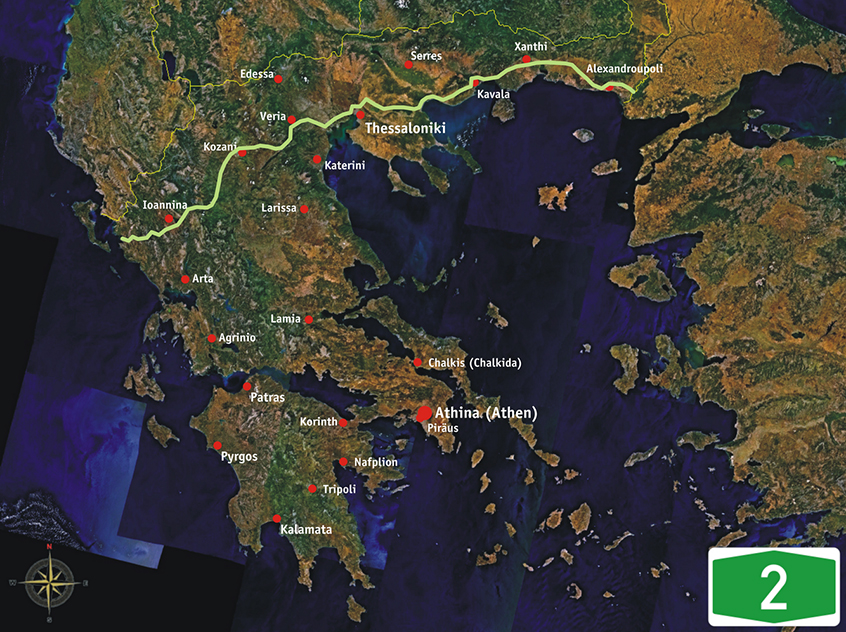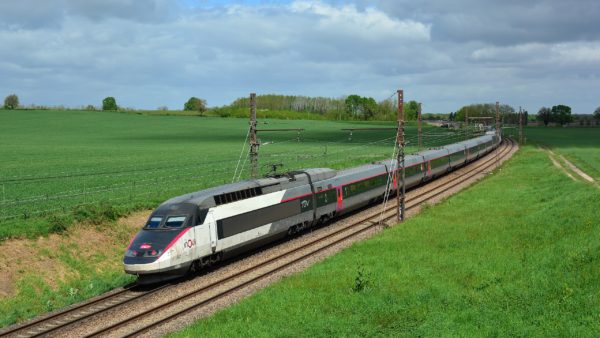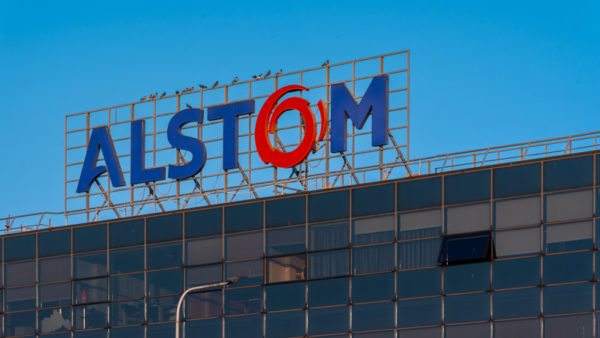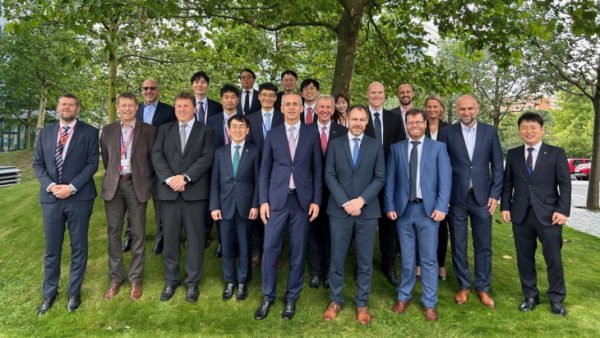A row has broken out in Greece over claims that a recently completed 670-km national motorway will be sold for €100m, despite the fact that it cost €6.5bn to build.
The claim was made in the Greek newspaper Efimerida ton Syntakton (The Journalists’ Journal), and was covered by the English-language Greek Reporter.
It was categorically denied by Hellenic Republic Assets Development Fund (its Greek acronym is TAIPED), the body responsible for monetising Greece’s infrastructure as part of its €245bn bailout agreement with the European Union.
The newspaper said that the Egnatia Odos, or A2, one of Greece’s longest and newest motorways, was to be leased for 40 years, with the concessionaire and TAIPED sharing the €50m of tolls that the motorway brings in a year.
It added that the deal was part of an agreement with creditors, and would be announced in late September, during a review of the second bailout programme.
In response to the report, TAIPED issued a statement denying it "in the most categorical way". It said: "The current report in Efimerida ton Syntakton entitled ‘Economic crime in the Egnatia Odos’ makes claims that are not true. The debate on the Egnatia motorway concession model has not even started."

The route of the A2 (Christaras A/Creative Commons)
The road was built between 1994 and 2009. It connects the port of Igoumenitsa on Greece’s Ionian coast with the Turkish border in Thrace. It passes through the mountainous regions of Epirus and Macedonia, with the help of 76 tunnels with a combined length of 99km, and 1,650 bridges.
It is an example of the new generation of so-called smart highways, with sophisticated electronic surveillance measures, automatic controls for lighting and tunnel ventilation, and advanced vehicle collision absorption measures.
Top photograph: The motorway at its western end, at the port of Igoumenitsa (Christaras A/Creative Commons)
Further reading:










